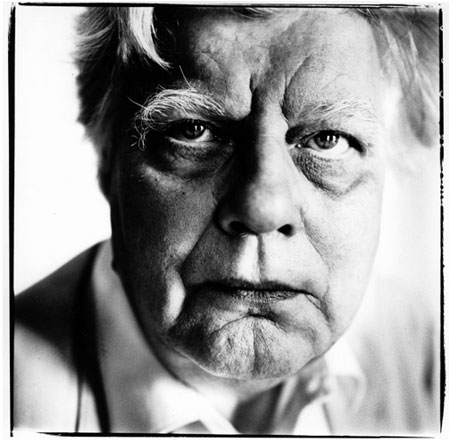Michael Dummett asks "What is a philosophical question"

Michael Dummett, considered by many to be one of the most important living philosophers, examines some of the most crucial and basic questions in his aptly titled new book, The Nature and Future of Philosophy.
In addition to exploring such issues as “religion and philosophy,” “thought and language,” “realism,” and “the future of philosophy,” Dummett examines the importance and meaning of how to frame a philosophical question. Here is an excerpt from the chapter and you can read it in its entirety here (it comes after Dummett’s discussion about philosophy as an academic subject):
What, then, is philosophy about? For Quine and some other contemporary American philosophers, philosophy is simply the most abstract part of science. It does not, indeed, make any observations or conduct any experiments of its own; but it may, and should, incorporate the discoveries of the sciences to build a naturalized theory of knowledge and of the mind. Properly speaking, therefore, it ought to be classified with the natural sciences. Wittgenstein held the very opposite opinion. For him, philosophy stands in complete contrast with science: its methods wholly diverge from those of science, and its objective differs to an equal extent. Probably most philosophers practicing today would agree with this, and would add that the results of philosophy differ fundamentally in character from those of the sciences. Wittgenstein was more radical. He did not think that philosophy has any results, in the form of statable propositions it has discovered to be true; philosophy merely casts light on what we already know from other sources, enabling us to see it with eyes unclouded by intellectual confusion.





